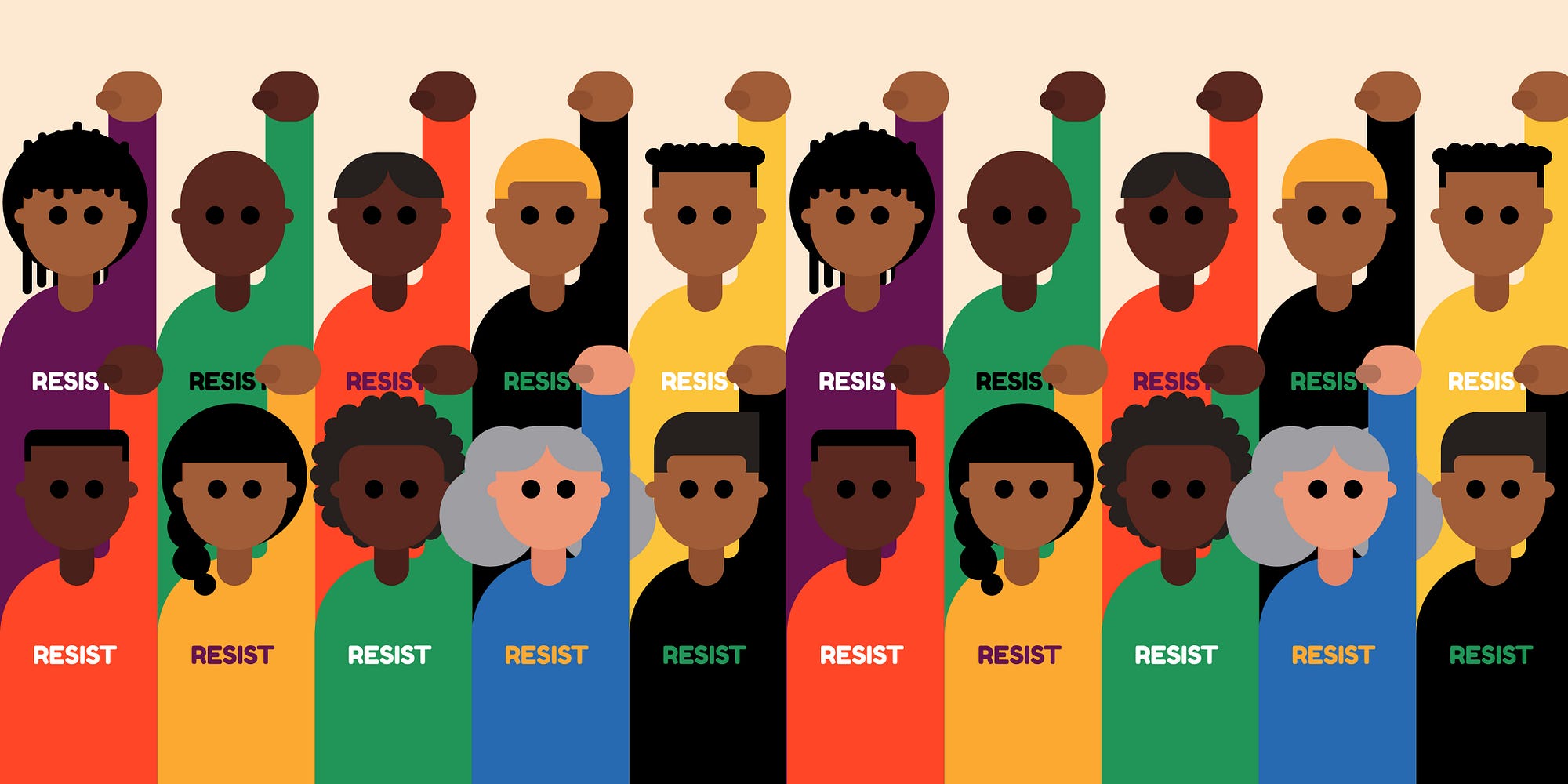
Sweeping statements like “Abeg, I no dey vote. Because, whether I vote oh, or I no vote, dey don sabi whom they go put for there” signalled god-fatherism and hopelessness on the part of Adult citizens who happened to be relatives and friends.
Whether I vote oh, or I no vote dey don sabi who dem go put for there
So, how do we encourage more young people like myself to be more interested in the political affairs of this country?
First, we must ask, Do young people even matter in Nigeria? To what degree? Who are these young people? What age bracket do they belong to?
Who are the Youth?
There are multiple definitions of the term “Youth”. These definitions differ by culture and society. The term, Youth, also seems to carry symbolic significance with regard to what right(s) (e.g voting) they are allowed in their society.
However, we can all agree on the definition of Youth as “a period of transition from the dependence of childhood to adulthood’s independence…”, according to the UN.
The United Nations makes use of age as a way to classify who a Youth is, particularly in relation to education and employment.
Where a “Youth” is often defined as a person free from compulsory education and can now find his/her first employment. As expected rising levels of unemployment delay the period in which a person can fully identify as a Youth.
For statistical purposes and uniformity across regions, the UN defines Youths “as those persons between the ages of 15 and 24 years, without prejudice to other definitions by Member States”. Hence, member states like Nigeria can have their own definition of who a Youth is in their own country.
So, who is a Youth in Nigeria?
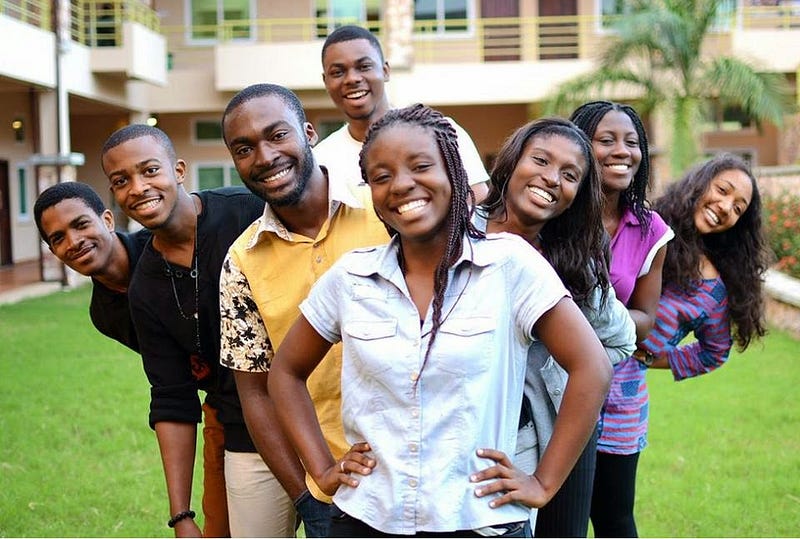
The Second Nigerian National Youth Policy (2009), states that “the youth shall comprise of all young males and females aged 18–35 years, who are citizens of the Federal Republic of Nigeria”.
Youths in Nigeria are young people aged 18–35 years
Upon this backdrop, we can can make some analysis for the number of Youths we have in Nigeria. And by extension, what percentage they represent in the country’s eligible voting population, 18 years and above, according to INEC.
INEC — Independent National Electoral Commission
Youths in Nigeria make up about 63% of the eligible voting population
Over the course of the week, I took time out to process some of the available datasets from the 2015 elections and the country’s population to determine exactly how many Youths we have in Nigeria. It was messy.
I’ll put the working at the end for the curious.
The conclusion was that with a total population of about 190.6million, we have our voting population at ~95.8million. Given this population includes our Youth Population, I made some deductions and found out that the Youth Population was a whopping 63% (60million) of the voting population.
Therefore, if all the Youths put forward a candidate and come out en masse to vote for that candidate, they’ll undoubtedly win the election. However, this is highly unlikely due to several personal gains. This is just a pointer to the kind of influence a united Youth can have on Nigeria’s electoral process.
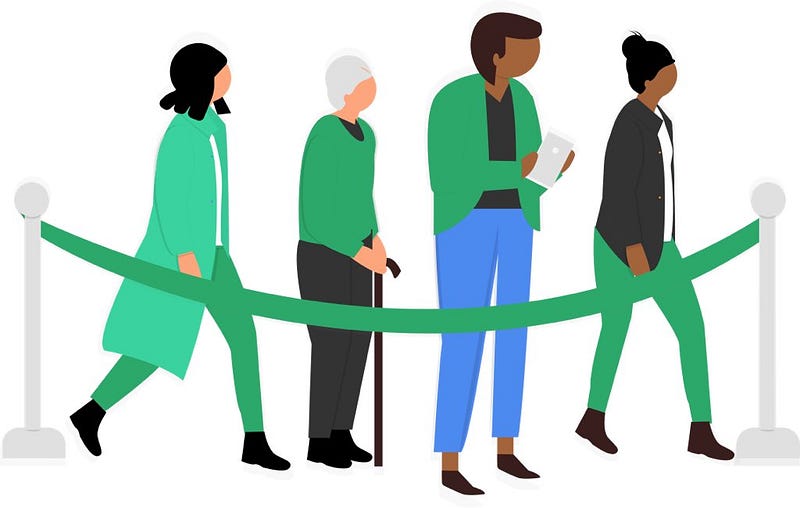
So, why am I not giving up on Nigeria?
There are a few reasons why I’m kind of motivated once again to stand for a new Nigeria. They include the fact that this is my second opportunity to participate in the election process of my country and secondly, I’m in good company.
Being eligible to vote
During the registration for the last election, I was just coming into the eligible age for voting. But now, I’m a few years in and I feel like I’m in a better position to analyse the situation of things and cast my vote for the person whom I believe can take this country to the next level.
Being in good company
In 2014, if you overheard me and some of my friends talking, I doubt you’ll have heard anything about Nigeria and elections (yes, I was so uninterested, I couldn’t even register, so why the stress?). However, this is 2018, and I’m in talks with some of my friends, Olayinka and Yomi who have gone ahead to build a site to help other younger Nigerians to locate and collect their Permanent Voter’s card.
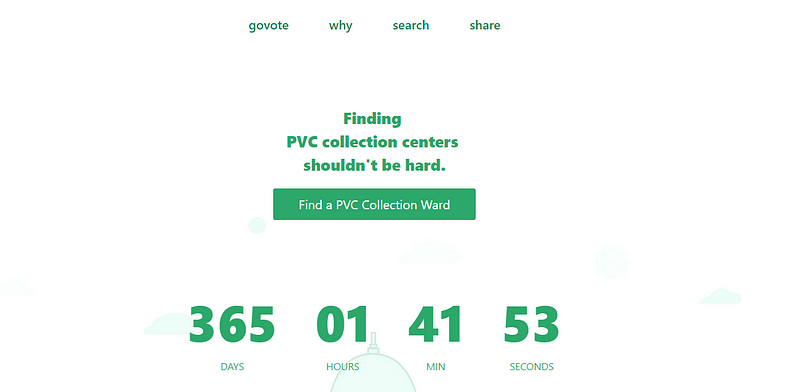
Not only that, the #notTooYoungToRun Bill has gained a lot of momentum from when it started and has now been approved by about 70% (24) of the 36 states in Nigeria (just exactly what is needed for it to be signed into law).
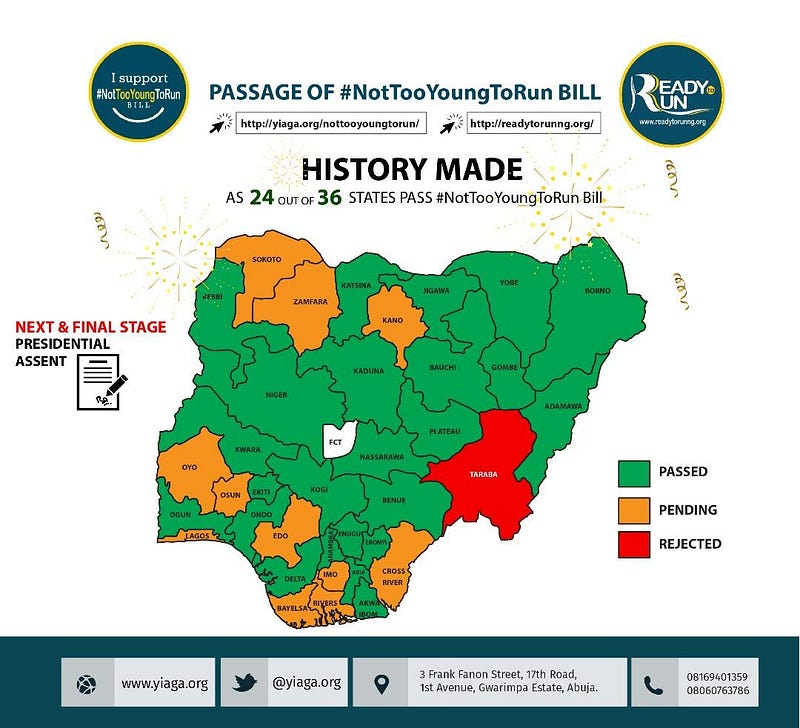
#notTooYoungToRun Bill is an age reduction bill which seeks to reduce the age limit for running for elected office in Nigeria and globally.
In summary, I’m getting a lot more confident about the future of Nigeria and particularly looking forward to how the 2019 elections which would be an indicator on how we progress (or are progressing) as a nation.
Back-of-envelope Math showing how I arrived at my figures in this post
--
According to the CIA FactBook, the total population in Nigeria is 190,632,261. The children population (age 0 - 14) makes up 42.54% (compared to 41.83% in 2006) which is equal to ~81 million children in Nigeria.
*Discount the population of children because they are not eligible to vote* Total population - Children Population = The rest of the non-children population (Age 15...85+) 190,632,261 - 81,094,964 = 109,537,297
Therefore, we are left with a non-child population of about 109.5million
*Now, we need to find a way to discount the ages 15, 16, and 17 so we can get only the adult population, which represents the people that can vote in Nigeria.* There is no easy way to get that figure.
As the Population Pyramid groups age 15 - 19 together. So, I go back to the 2006 Population census to get a feel of what the percentages per age bracket were.
After some rough calculations in an Excel Sheet, I arrived at an estimated 6.5% (ages 15 - 17). Accounting for a net growth rate, I put the current 2017 estimate (for ages 15 - 17) at 7.2% (a 0.7% increase from the last census, 2006).
I arrived at a 0.7% increase by basically looking at the growth in the percentage of children population between 2006 and 2017 (it was 0.71%), hence, for simplicity and unity, I just used that same difference in calculating my figures.
*Now, also take away the population of ages 15 - 17 so we can get the adult population* So, 190,632,261 - (42.54 + 7.2)% = 95,811,774.38. Therefore, the adult population (18...85+) in Nigeria for 2017 can be estimated at 95.8million.
So, if the Youth Population was 32% of the entire population. It will then be 63%(60,3614,18) of the vote-eligible population (adults; 18...85+).






